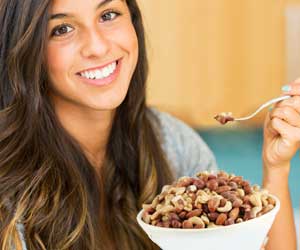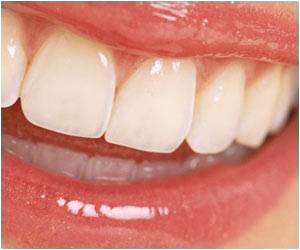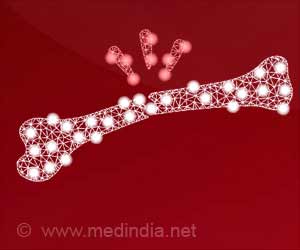A study was carried out with a group of 63 healthy people aged between 19 and 33, who had a regular portion of peanut products in their daily intake to observe the beneficial effect of peanut products on cognitive function and stress response.
Then through a broad battery of cognitive tests and analytical tests related to biochemical indicators of the stress response (such as cortisol), researchers analyzed the health benefits of peanuts.
The results revealed an increase in the fecal short-chain fatty acids from the gut, apart from specific biomarkers of peanut such as long-chain saturated fatty acids and certain polyphenols, all are bioactive compounds related to many health benefits.
They also did not find out any significant differences between the consumption of peanut butter and peanuts on cognitive function or stress response biomarkers.
Later, researchers wanted to analyze whether the introduction of peanut products in a healthy diet could have a positive impact on the microbiota-gut-brain axis and contribute to the prevention of future diseases.
Though there is evidence suggesting a bidirectional relationship between phenolic compounds and gut microbiota, some authors observed an improvement of brain and general health after a polyphenol-rich intervention.
So, they postulate that the prebiotic substances present in peanuts such as polyphenols can affect cognition and mood indirectly through interactions with the gut microbiota and enhance microbiota-gut-brain axis.
To confirm these findings, they included a control group in the study and gave the group a placebo with a peanut-based oil and the same composition of macronutrients of peanut butter but without prebiotic substances and found that it did not have the same beneficial effect.
“The high content of prebiotic fibre and polyphenols in peanuts could explain its beneficial effects on the gut microbiota. Due to its poor absorption, fibre and most polyphenols directly reach the colon, where they are metabolized by the microbiota and can modulate the brain biochemistry by acting as neurotransmitters in the central nervous system” says Sara Hurtado, lecturer at the Faculty of Pharmacy and Food Sciences of the University of Barcelona.
Another study that analyzed the relationship between polyphenols in food and biological samples showed promising results that require confirmation in studies carried out with a larger group of people.
In future studies, researchers want to broaden the research on the effects of the consumption of peanut products and their bioactive compounds on the microbiota through microbial composition, microbiome, lipidomic and transcriptomic analyses.
Source: Medindia



